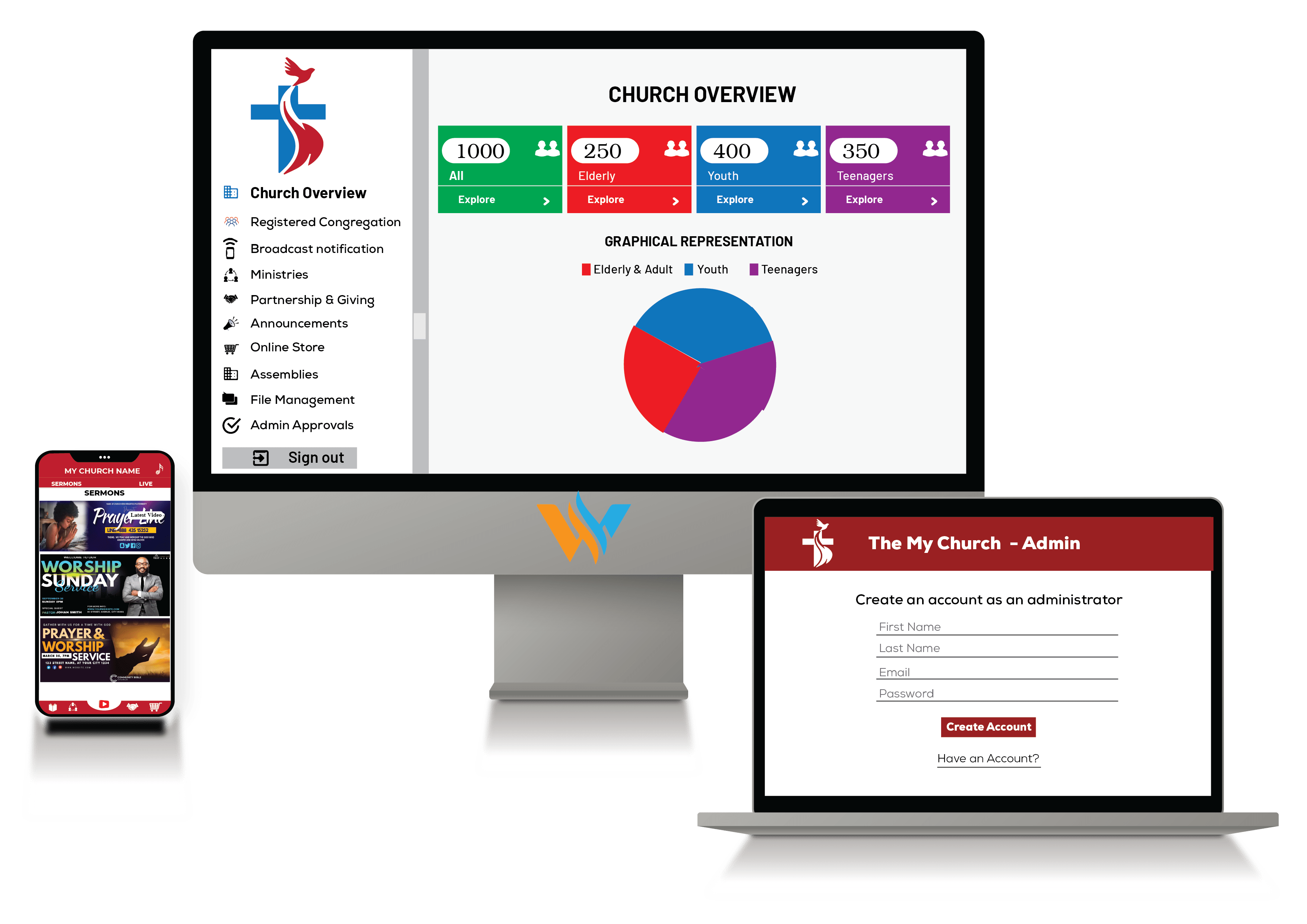In today’s digital age, where smartphones are ubiquitous and technology shapes our daily lives, religious institutions are increasingly turning to digital solutions to enhance their congregational management. A custom church management system (CMS) in the form of a mobile app can revolutionize the way churches organize events, communicate with members, and manage various administrative tasks. Let’s delve into the intricacies of designing such a system.
Understanding the Need
Traditional methods of managing congregations often involve manual paperwork, phone calls, and emails, which can be time-consuming and inefficient. A custom CMS mobile app addresses these challenges by centralizing all church-related activities in one accessible platform.


Key Features
- Member Directory: A comprehensive database of church members including their contact information, family details, and involvement in various ministries.
- Event Management: Simplify event planning by allowing administrators to create, schedule, and manage church events such as services, meetings, and social gatherings.
- Attendance Tracking: Keep track of member attendance for services and events, providing valuable insights into congregation engagement.
- Communication Tools: Facilitate seamless communication between church leaders, staff, and members through messaging, notifications, and announcements.
- Donations and Tithing: Enable secure online donations and tithing, with features for recurring contributions and donation tracking.
- Volunteer Management: Streamline volunteer coordination by allowing members to sign up for various service opportunities within the church.
- Small Group Management: Organize and manage small groups, including scheduling meetings, tracking attendance, and sharing resources.
- Resource Library: Centralize church resources such as sermons, study materials, and event guides for easy access by members.
Design Considerations
- User-Friendly Interface: Prioritize simplicity and intuitiveness in the app’s design to ensure ease of use for users of all ages and technical abilities.
- Customization: Allow churches to customize the app to reflect their branding, mission, and unique needs.
- Accessibility: Ensure that the app is accessible to all members, including those with disabilities, by adhering to accessibility standards and providing alternative means of interaction.
- Security: Implement robust security measures to protect sensitive member data and financial transactions.
- Scalability: Design the app to accommodate the growth of the congregation, with scalability in terms of both features and user base.
Development Process
- Requirement Gathering: Work closely with church leaders and stakeholders to understand their specific requirements and objectives for the app.
- Prototyping: Create wireframes and prototypes to visualize the app’s layout, features, and user flow before proceeding to development.
- Agile Development: Adopt an agile development methodology to iteratively build and refine the app, incorporating feedback from stakeholders along the way.
- Testing and Quality Assurance: Conduct thorough testing to identify and address any bugs, usability issues, or performance bottlenecks before deploying the app.
- Deployment and Training: Deploy the app to the app stores and provide training and support to church staff and members on how to use it effectively.


